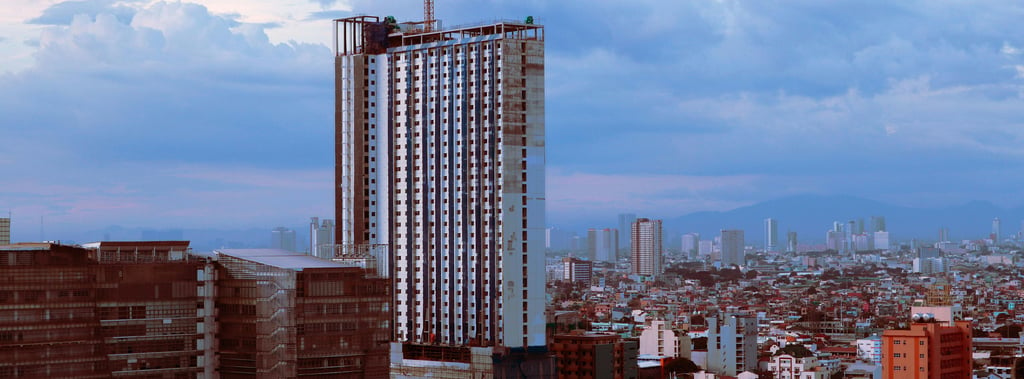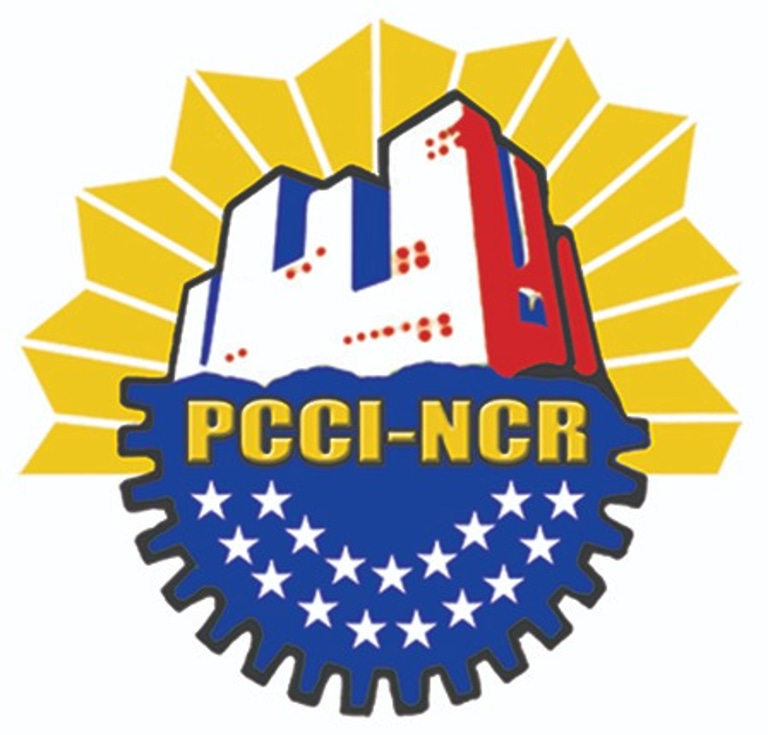Building vs. Buying Commercial Property in Manila
Manila's dynamic real estate market presents investors with a critical, but often unclear, decision: build new commercial property or invest in completed developments? Each approach offers distinct advantages and challenges that deserve careful consideration before committing substantial resources to the Philippine commercial real estate sector.


June 6, 2025 Jerry Romo
New Construction vs. Completed Developments: Key Considerations
Advantages of Building New Commercial Property
Investing in land and constructing a new commercial building provides unparalleled customization opportunities. From floor plans to technical specifications, new construction allows investors to tailor every aspect to their specific business requirements or target tenant profile. This customization extends to incorporating cutting-edge sustainability features, technological infrastructure, and energy efficiency measures that older buildings may lack.
New developments often appreciate more significantly over time, especially in rapidly developing areas of Metro Manila.
By acquiring land in emerging business districts like Arca South in Taguig or areas undergoing urban renewal, investors position themselves to benefit from neighborhood transformation and infrastructure improvements. It’s a great opportunity that requires a lot of research into the development plans of the area you are looking for, they transportation, medical, and other vital infrastructure that fits your tenant profile.
Building from scratch eliminates the premium often attached to completed projects where developers have already factored in their profit margins. For long-term investors, this can translate to better overall returns despite higher initial complexity.
Benefits of Purchasing Completed Developments
Time represents the most significant advantage of buying existing commercial property. While construction projects typically take 18-36 months in Manila (often with delays), purchasing completed property allows for immediate occupancy and revenue generation. This rapid timeline reduces opportunity costs and allows businesses to establish operations without construction-related uncertainties.
Completed developments offer financial predictability that new construction cannot match. Construction projects in Manila frequently encounter unforeseen expenses related to soil conditions, material price fluctuations, labor shortages, and regulatory compliance. With existing properties, investors face fewer financial surprises and can more accurately forecast investment returns. It is important to note that in general, older developments appreciate at a lower rate than a new, customized development.
Established properties also demonstrate proven market viability. The surrounding commercial ecosystem, pedestrian patterns, and transportation access have already been tested in the marketplace. This empirical evidence reduces location risk compared to speculative development in unproven areas.
Property Tax Implications in the Philippines
The Real Property Tax (RPT) structure in the Philippines applies consistently to both development approaches but affects cash flow differently throughout the investment lifecycle. RPT rates range between 1-2% of assessed value, varying by municipality within Metro Manila.
During construction phases, investors pay RPT only on land value, providing some tax efficiency during non-income generating periods. However, once construction completes, both land and structural improvements become taxable, significantly increasing the tax burden.
Strategic investors should investigate Special Economic Zones (SEZs) like the Bonifacio Global City, which may offer preferential tax treatment, import duty exemptions, and simplified permit processes. These incentives can substantially improve project economics, particularly for new developments. It may also raise the rental value of commercial spaces for businesses that are qualified for a SEZ.
Annual tax declarations must be filed with local assessor's offices, with penalties for late payment accumulating at 2% monthly to a maximum of 72% of the unpaid amount. Professional property management firms often handle these obligations for foreign investors to ensure compliance. Be sure to get multiple references and check them thoroughly to find the best management firm to handle your property.
The Critical Importance of Construction Partners
The selection of construction firms represents perhaps the most consequential decision for those pursuing new development. Manila's construction industry exhibits significant quality variation, with project failures frequently stemming from inadequate contractor selection rather than market conditions.
Construction defects can create long-term maintenance issues, structural concerns, and regulatory non-compliance. These problems typically emerge after warranty periods expire, leaving property owners with substantial remediation costs. Reputable contractors maintain stronger relationships with regulatory bodies, often facilitating smoother permit approvals and inspections.
Beyond technical capabilities, financial stability among construction partners proves equally important. Under-capitalized contractors may struggle to maintain consistent progress, particularly when payment schedules don't align with their working capital needs, resulting in costly delays.
Sourcing Qualified Construction Companies
Identifying trustworthy construction partners requires systematic research and due diligence. The Philippine Constructors Association maintains a vetted membership directory distinguishing firms by specialization, capacity, and track record. Their classification system categorizes contractors by project size capabilities and technical qualifications.
Industry-specific networks yield valuable insights beyond formal credentials. The European, American, Japanese, and Korean Chambers of Commerce in the Philippines maintain construction committees where members share experiences with local contractors. These forums provide unfiltered feedback about contractor performance not available through formal references.
For international investors, construction management firms offer valuable oversight of local contractors, implementing quality control systems and international standards that might otherwise be difficult to enforce directly. These firms typically charge 3-8% of total construction costs but often deliver savings exceeding their fees through better project execution.
Navigating Regulatory Requirements
The regulatory approval process for commercial construction involves multiple government agencies and significant documentation. Initial requirements include barangay clearance from the local community government unit, followed by zoning clearance from municipal planning offices confirming commercial use compatibility.
Environmental compliance certificates from the Department of Environment and Natural Resources become mandatory for projects exceeding 10,000 square meters. Building permits require submission of comprehensive architectural and engineering plans, structural analyses, and professional certifications. Throughout construction, phase inspections verify compliance with the approved plans.
Foreign investors face additional complexity regarding land ownership. The Philippine Constitution restricts foreign land ownership, limiting international investors to a maximum 40% equity stake in land-holding companies. Alternative structures include long-term leases (typically 50+25 years) or partnership with Filipino landowners through joint venture arrangements.
Whether building new or purchasing existing commercial property, investors must conduct thorough due diligence, engage qualified professional advisors, and develop a comprehensive understanding of Manila's business environment to achieve successful outcomes in this promising but complex market.
I have found that by researching information sources and organizations, then cross-checking referrals and references, I have typically avoided any major missteps in the market.
Disclaimer
The information provided in this article is based on publicly available sources and personal experience. While every effort has been made to ensure accuracy and thoroughness, this content should not be considered expert legal, financial, or professional advice.
The Philippine real estate market, construction industry, and regulatory environment are subject to change. Laws, regulations, tax policies, and market conditions may have evolved since the time of writing.
Readers are strongly encouraged to consult with qualified professionals including real estate attorneys, tax advisors, licensed contractors, and property management specialists before making any investment decisions or taking action based on the information presented.
The author assumes no liability for decisions made by readers based on this content.
The Voice of Philippine Business
Coming Soon: THE FLAGSHIP BUSINESS EVENT OF NCR
Learn more about the 2025 Metro Manila Business Conference (MMBC) Presented by the Philippine Chamber of Commerce and Industry – National Capital Region (PCCI-NCR). Visit our Facebook page by clicking the link below.
Contact Us
Subscribe for free
pcci.ncr@philippinechamber.com
+632 8846-8196
© PCCI-NCR All Rights Reserved 2025 Powered by Sparkz
